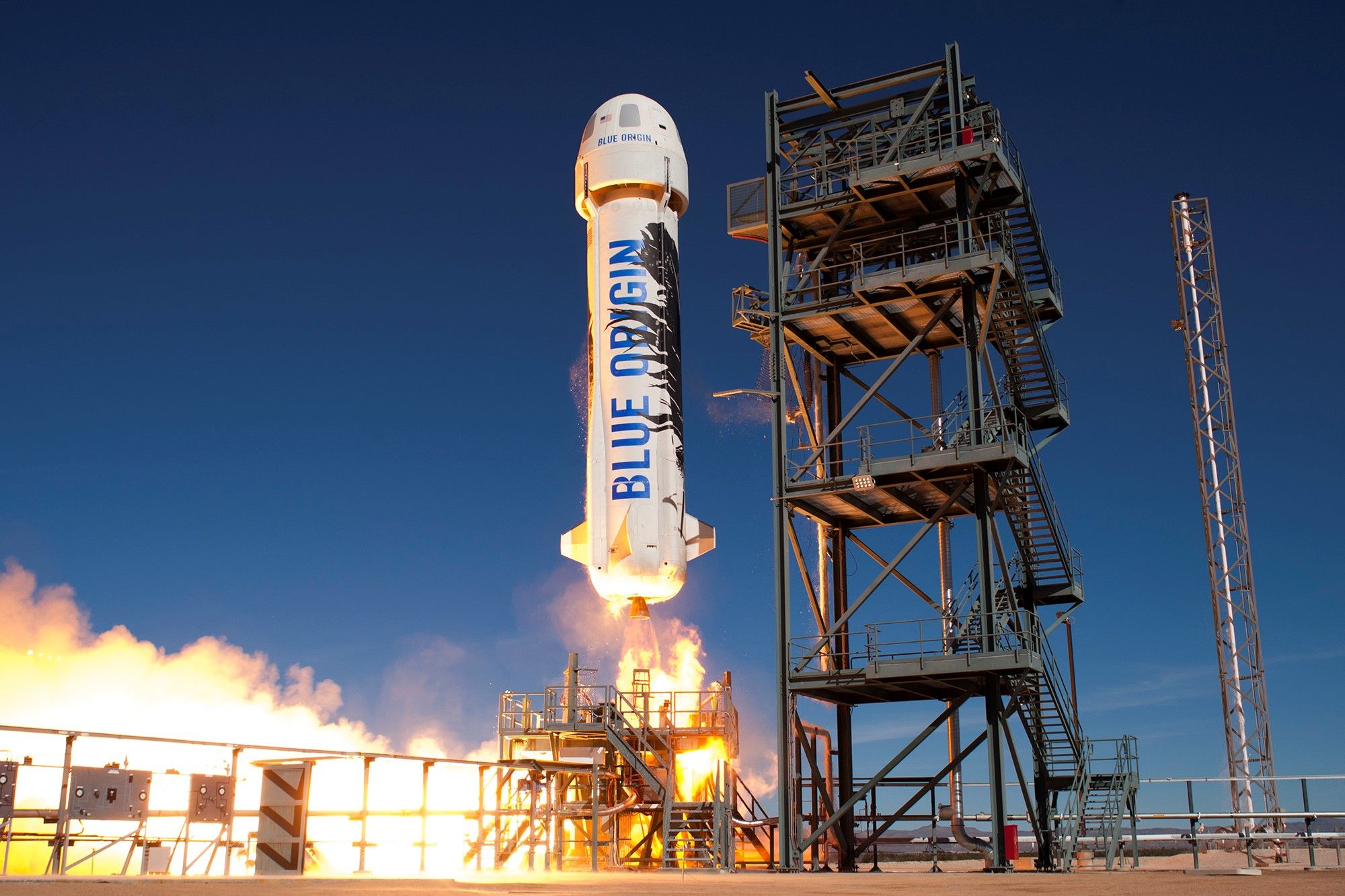Blue Origin Launch: Exploring Jeff Bezos’ Vision for Space Travel
In recent years, space exploration has surged into the public consciousness, not only due to the legendary expeditions of NASA but also because of private space companies like Blue Origin. Founded by Jeff Bezos, Blue Origin is committed to making space travel more accessible and sustainable. This post will explore the intricacies of Blue Origin’s launches, its innovations, and the broader implications for the future of space travel.
What is Blue Origin?
Founded in 2000 by Jeff Bezos, Blue Origin has steadily evolved from a startup into a serious contender in the aerospace industry. Bezos’ vision for Blue Origin is clear: enable millions of people to live and work in space. To achieve this, the company has been developing reusable rocket technology, which is crucial for reducing the cost of access to outer space.
Recent Launches and Milestones
One of the most significant milestones for Blue Origin came in January 2016, when the company successfully launched and landed its New Shepard spacecraft—a suborbital vehicle designed for space tourism and scientific research. The spacecraft ascended to approximately 66 miles above Earth, achieved microgravity for its passengers, and made a successful landing back on Earth. For an in-depth look, visit Wired.
The Role of Reusability in Lowering Costs
One of the hallmarks of Blue Origin’s launch strategy is the development of fully reusable rockets. Jeff Bezos understands that the future of space travel hinges on sustainability, which is why Blue Origin designs its rockets not only to launch but also to return and be reused multiple times. This contrasts sharply with traditional space vehicles, which typically required new rockets for each launch, drastically increasing costs. By making launches more cost-effective, Blue Origin is paving the way for more frequent space missions.
Innovations Driving the Company Forward
- New Shepard: This suborbital rocket is designed to carry both crew and scientific experiments. Its reusability allows for quick turnaround for flights, thus making it a practical option for passenger flights and research missions.
- New Glenn: Set to launch in the near future, New Glenn is an orbital launch vehicle that will further enhance Blue Origin’s capabilities. Its larger size and payload capacity could revolutionize satellite deployment and other space activities.
- Blue Moon: Blue Origin aims to establish a lunar lander named Blue Moon, which may play a pivotal role in NASA’s Artemis program aimed at returning humans to the Moon by the 2020s.
Space Tourism and the Future
Blue Origin is also committed to the burgeoning market of space tourism. The company’s New Shepard will offer suborbital flights where passengers can experience a few minutes of weightlessness before returning to Earth. This experience promises to captivate adventurers and those simply looking to say they’ve been to space. As Blue Origin works toward commercial flights, it’s fostering not only excitement about space travel but also encouraging the development of related technologies and infrastructures.
The Impact of Jeff Bezos’ Vision on the Industry
Bezos’ commitment to making space accessible is not just a business strategy; it’s part of a broader vision that believes humanity is destined to reside among the stars. His significant investments in Blue Origin and the company’s focus on sustainability reflect a forward-thinking approach that could inspire a new era of exploration and commercialization of space. Other companies, including Tesla and SpaceX, have already demonstrated the viability of private sector involvement in space, and Blue Origin’s successful launches are further legitimizing this trend.
Challenges and Future Aspirations
Despite its achievements, Blue Origin faces challenges ahead. The competitive landscape of private aerospace is rapidly evolving, with companies like SpaceX leading in orbital launches and government contracts. To stay ahead, Blue Origin will need to innovate continually and address potential regulatory hurdles that come with increasing space traffic.
Conclusion: The Path Forward
Blue Origin is at the forefront of a transformative movement in the aerospace industry. Under the leadership of Jeff Bezos, it is steadily making advancements in rocket technology and reusability while tapping into the potential of space tourism. As they continue to launch and explore, the future of space travel—and humanity’s place among the stars—grows ever brighter. With each successful launch, Blue Origin is not just reaching new heights; it’s inspiring a new generation of explorers.




